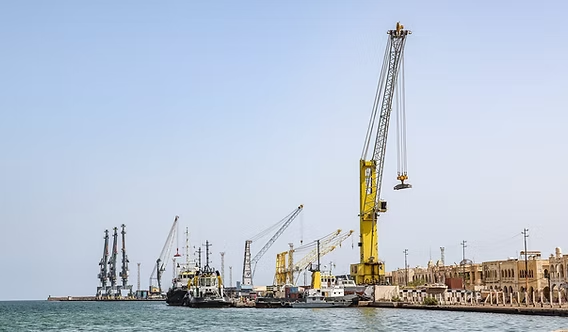
Relations between Eritrea and Ethiopia are again showing signs of strain, with Eritrean President Isaias Afwerki issuing a sharp warning to Addis Ababa over what he described as Ethiopia’s growing “maritime ambitions.”
In a televised address, Afwerki cautioned Ethiopia against any potential military action aimed at securing access to the Red Sea, calling Ethiopia’s alleged large-scale attack strategies “naive.” His remarks come amid a resurgence of mistrust between the two neighbors, whose relations have been marred by decades of hostility despite occasional attempts at reconciliation.
The tensions trace back to Eritrea’s independence from Ethiopia in 1993, followed by the devastating border war from 1998 to 2000, which claimed tens of thousands of lives. Though a landmark peace agreement between Afwerki and Ethiopian Prime Minister Abiy Ahmed in 2018 sparked hopes of lasting normalization, that thaw quickly dissolved with the eruption of the Tigray conflict between 2020 and 2022.
During the Tigray war, Eritrean forces fought alongside Ethiopia’s federal troops against Tigrayan rebels, in a conflict that the African Union estimates cost around 600,000 lives. While formal hostilities have ceased, Eritrean troops remain stationed in Tigray, fueling Asmara’s suspicions about Ethiopia’s intentions and stoking fears of renewed conflict.
Accusations have intensified that Abiy Ahmed’s government seeks control over the strategic port of Assab, a crucial outlet for the landlocked nation of over 130 million people. This port, situated along the Red Sea, is vital for regional trade and energy security, making it a flashpoint for broader geopolitical tensions.
International observers, including U.S.-based watchdog The Sentry, have warned of rising militarization in Eritrea since the United Nations lifted its arms embargo in 2018. The rapid rearmament, combined with Eritrea’s reputation for authoritarian rule and its low rankings in global press freedom and development indices, has heightened concerns of a wider destabilization in the Horn of Africa.
Analysts warn that escalating hostilities between the two countries could trigger a fresh wave of instability across a region still reeling from recent wars and humanitarian crises.



